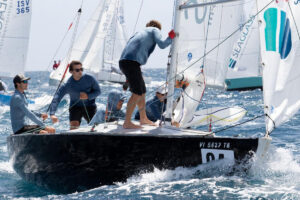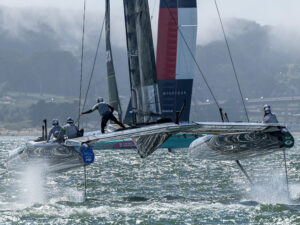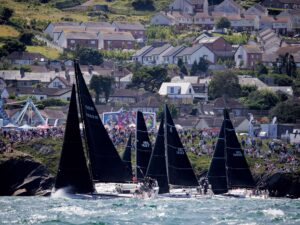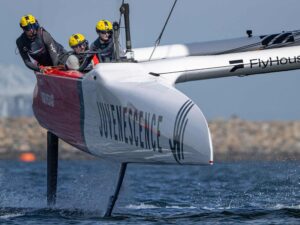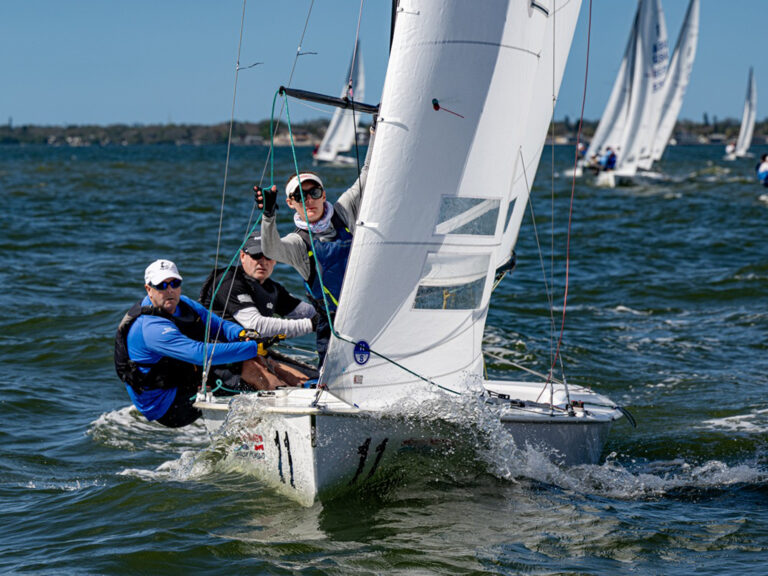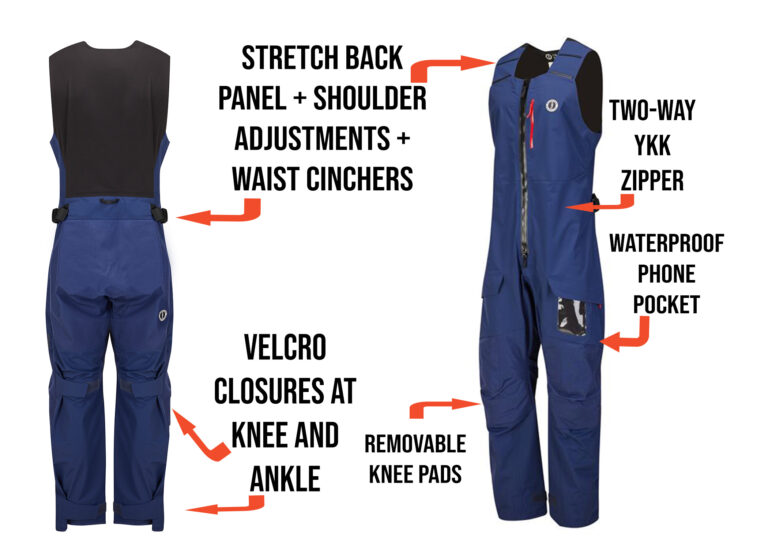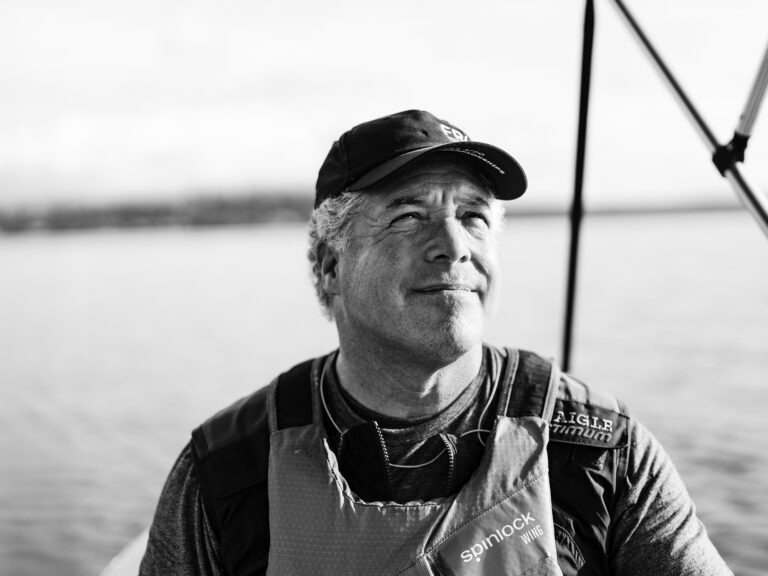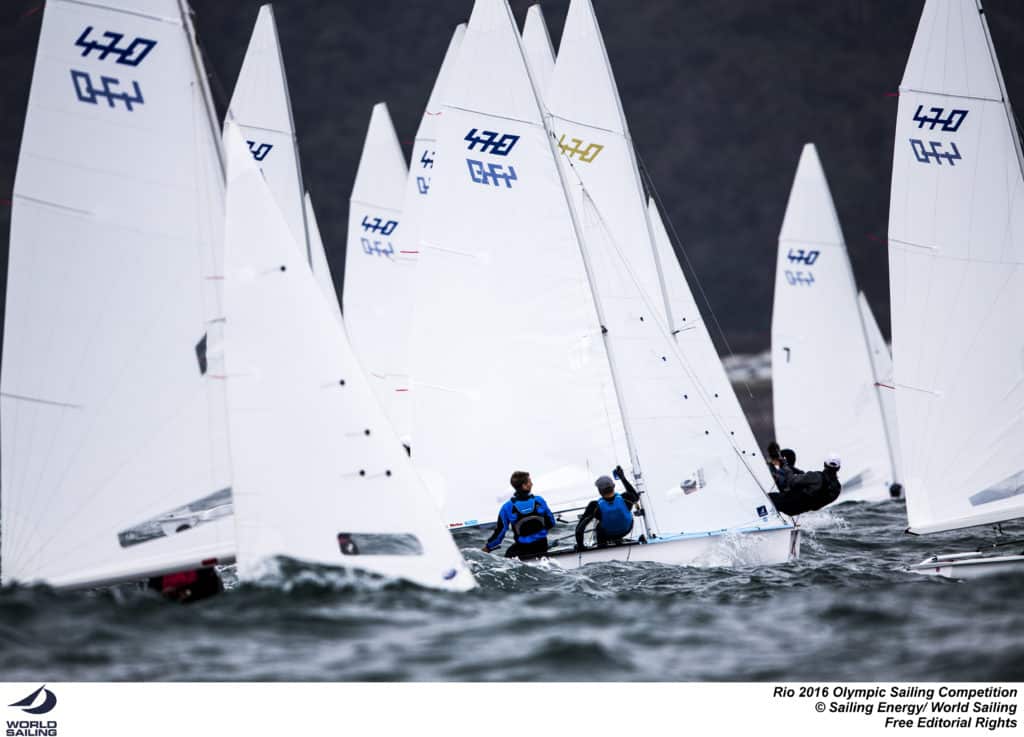
The Rio 2016 Olympic Sailing Competition
Just last week, World Sailing announced that, after reviewing released reports surrounding doping involving Russian Olympic athletes, six of the seven qualified Russian sailors would be permitted to compete in Rio. One name left off the list: Pavel Sozykin, 470 skipper. His crew, Denis Gribanov, was still permitted to compete and the Russian Sailing Team given the opportunity to choose an alternate skipper. A tall order, considering that a new pairing this close to the Games could spell disaster for the Russian 470 program, ranked 12 in the World Sailing Rankings.
However, today World Sailing announced they had overturned their decision and would allow Sozykin to compete, pending approval from the International Olympic Committee.
World Sailing released the following statement concerning Sozykin on Thursday, August 3 — two days before the opening ceremony:
Having received the additional guidance from the International Olympic Committee (IOC) regarding the eligibility of athletes from Russia to compete in the Rio 2016 Olympic Games, the World Sailing Board of Directors convened today via conference call to review the IOC guidance and re-consider the eligibility of Pavel Sozykin, an athlete who competes in the Men’s 470 Class.
Based upon the new guidance provided by the IOC, it was the unanimous decision of the participating World Sailing Board Members to declare Mr. Sozykin eligible to compete in Rio 2016. This information has been communicated, in writing, to the IOC, Russian Olympic Committee and Russian Yachting Federation.
Mr. Sozykin’s entry for the Rio 2016 Olympic Games must still be confirmed by the IOC and the review panel established through the Court of Arbitration for Sport.
The IOC provided the new guidance yesterday (2 August) in a circular letter to all summer International Federations. Specifically, with respect to the McLaren Independent Investigations Report commissioned by the World Anti-Doping Agency (WADA), the IOC has indicated that an athlete should not be considered as “implicated” if the McLaren list does not refer to a prohibited substance which would have given rise to an anti-doping rules violation.
In the case of Mr. Sozykin, though he was identified in the McLaren Report in connection with the Disappearing Positive Methodology, the report did not include specific information as to whether the positive test occurred in-competition or out-of-competition. Further, the substance for which he tested positive is not prohibited out-of-competition and, if the sample had been taken out-of-competition, would not have resulted in a sanction.
The World Sailing Board of Directors also noted that Mr. Sozykin has had at least two subsequent anti-doping tests with no adverse results.
World Sailing will closely monitor the continued investigation into the allegation regarding Mr. Sozykin in the McLaren Report. If it is determined that an anti-doping rule violation did in fact occur, the relevant tribunal may disqualify Mr. Sozykin from any results obtained since October 2014, when the sample in question was taken.

